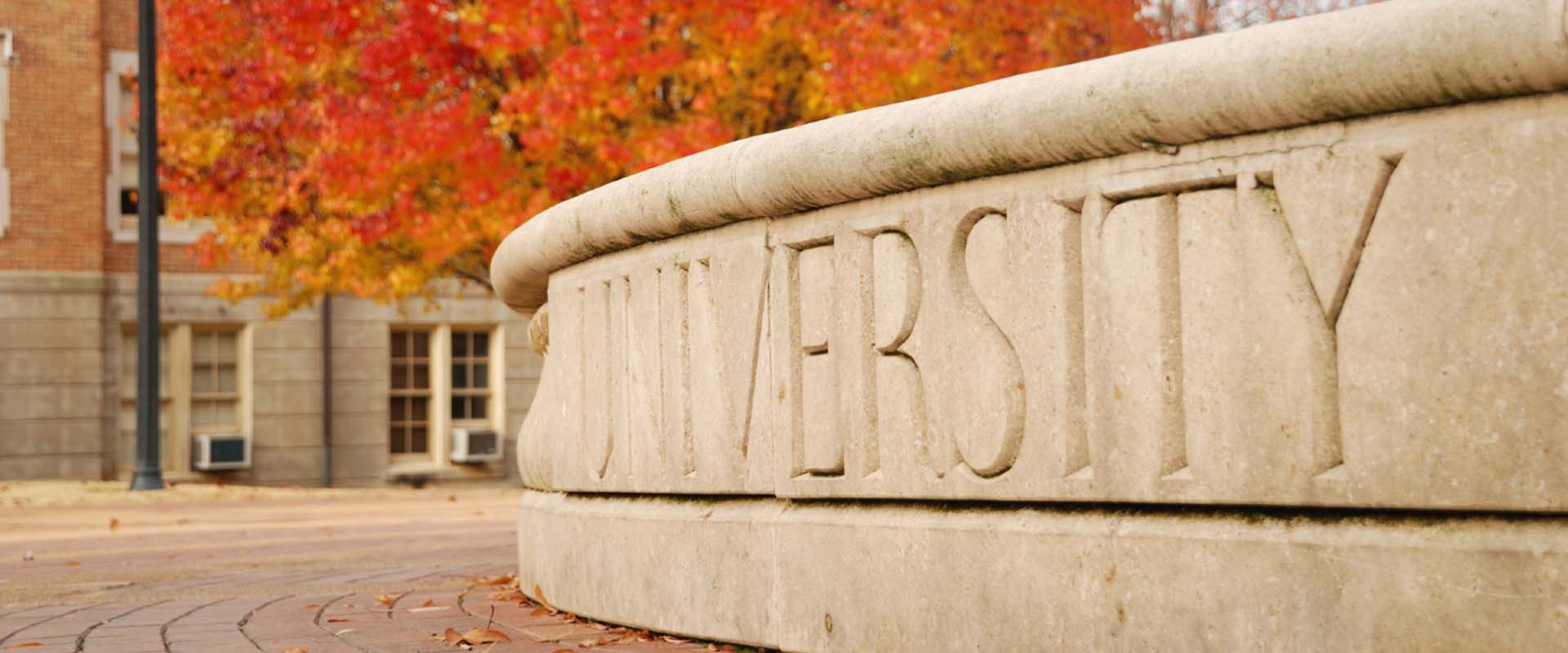"She Said, He Said": Appellate Court Weighs In On Fairness Requirements In Student Sexual Assault Discipline Case

July 2019
Number 33
On April 23, 2019, a California appellate court ruled against a private college for failing to properly provide an accused student with a fair hearing in a sexual assault case that led to the student being suspended from college for two years.
Doe v. Westmont College involved an alleged rape of a female college student (Victim) by a male college student (Accused) and demonstrates the necessity of fairness for all parties involved in contested student sexual assault discipline cases. In Doe v. Westmont College, the court concluded that the college denied the Accused a fair hearing when it failed to allow the Accused to fully respond to all evidence against him at a hearing before a neutral disciplinary panel, and the panel failed to question all relevant witnesses.
Background
In January 2016, multiple students gathered at night at an off-campus house for a party. The Victim and the Accused arrived separately with friends, interacted with multiple people throughout the night, and accused one another of smoking marijuana and drinking alcohol.
The Victim alleged that at some point later in the night she and the Accused were alone and agreed to go on a walk together. While walking, the Victim alleged the Accused began making comments of a sexual nature, touched her sexually without her consent, and then forced himself upon her. The Accused disputed all of the allegations, claiming that the walk never happened and that he was with a friend at the party for the entire evening.
The Victim, the Accused and multiple witnesses were interviewed by an associate dean during a preliminary investigation. The dean recommended that the allegations be put before a student discipline panel. The panel consisted of the dean and two additional staff members. The panel found in favor of the Victim and the Accused was suspended from the college for two school years. The Accused challenged this action in court.
Court of Appeal Holdings
The Court of Appeal found that the Accused had been denied a fair hearing since the panel did not hear testimony from all critical witnesses and the information and documents circulated were not shared equally with the Accused. Another factor which the court considered to a lesser extent was the role of the dean throughout the entire investigation and adjudication process. While the court did not prohibit the dean from serving on the student discipline panel, the court questioned the ability of the panel to be fair since the dean conducted the preliminary investigation, and then served on the student discipline panel. While the Court did not specifically analyze issues under Title IX of the Education Amendments Act of 1972, the Court's decision seems to be consistent with the guidance that has been issued by the Office for Civil Rights on addressing sexual assault on college campuses, which calls for due process protections for all students. California's Title 5 regulations alsoprovide specific due process protections for all students in these types of cases and requires certain procedures be followed in processing complaints of sexual violence on campus. Some of the Title 5 requirements, such as deadlines for investigation, may differ from Title IX requirements and thus community colleges must take care to ensure compliance under all applicable regulations.
Takeaways
This is one of many recent cases that serves as a reminder for educational agencies to be impartial and to provide fundamental fairness to the accused during both investigations and student discipline hearings. When conducting student expulsion hearings, especially in contested sexual assault cases, it is recommended that colleges and districts:
Lozano Smith continues to expand its Title IX and investigations practice as the needs of public education agencies grow in this area. We offer advice and counseling, investigations, and numerous workshops on these topics. For more information and resources on Title IX, please visit our website at www.lozanosmith.com.
For additional information regarding student discipline matters, please contact the authors of this Client News Brief or an attorney at one of our eight offices located statewide. You can also subscribe to our podcast, follow us on Facebook, Twitter and LinkedIn or download our mobile app.
Number 33
On April 23, 2019, a California appellate court ruled against a private college for failing to properly provide an accused student with a fair hearing in a sexual assault case that led to the student being suspended from college for two years.
Doe v. Westmont College involved an alleged rape of a female college student (Victim) by a male college student (Accused) and demonstrates the necessity of fairness for all parties involved in contested student sexual assault discipline cases. In Doe v. Westmont College, the court concluded that the college denied the Accused a fair hearing when it failed to allow the Accused to fully respond to all evidence against him at a hearing before a neutral disciplinary panel, and the panel failed to question all relevant witnesses.
Background
In January 2016, multiple students gathered at night at an off-campus house for a party. The Victim and the Accused arrived separately with friends, interacted with multiple people throughout the night, and accused one another of smoking marijuana and drinking alcohol.
The Victim alleged that at some point later in the night she and the Accused were alone and agreed to go on a walk together. While walking, the Victim alleged the Accused began making comments of a sexual nature, touched her sexually without her consent, and then forced himself upon her. The Accused disputed all of the allegations, claiming that the walk never happened and that he was with a friend at the party for the entire evening.
The Victim, the Accused and multiple witnesses were interviewed by an associate dean during a preliminary investigation. The dean recommended that the allegations be put before a student discipline panel. The panel consisted of the dean and two additional staff members. The panel found in favor of the Victim and the Accused was suspended from the college for two school years. The Accused challenged this action in court.
Court of Appeal Holdings
The Court of Appeal found that the Accused had been denied a fair hearing since the panel did not hear testimony from all critical witnesses and the information and documents circulated were not shared equally with the Accused. Another factor which the court considered to a lesser extent was the role of the dean throughout the entire investigation and adjudication process. While the court did not prohibit the dean from serving on the student discipline panel, the court questioned the ability of the panel to be fair since the dean conducted the preliminary investigation, and then served on the student discipline panel. While the Court did not specifically analyze issues under Title IX of the Education Amendments Act of 1972, the Court's decision seems to be consistent with the guidance that has been issued by the Office for Civil Rights on addressing sexual assault on college campuses, which calls for due process protections for all students. California's Title 5 regulations alsoprovide specific due process protections for all students in these types of cases and requires certain procedures be followed in processing complaints of sexual violence on campus. Some of the Title 5 requirements, such as deadlines for investigation, may differ from Title IX requirements and thus community colleges must take care to ensure compliance under all applicable regulations.
Takeaways
This is one of many recent cases that serves as a reminder for educational agencies to be impartial and to provide fundamental fairness to the accused during both investigations and student discipline hearings. When conducting student expulsion hearings, especially in contested sexual assault cases, it is recommended that colleges and districts:
- Make available to the accused all documentary evidence that will be used at the hearing, prior to the commencement of a contested expulsion hearing.
- Be judicious with respect to the use of "fear declarations" to ensure that declarations are only used in lieu of personal testimony in student expulsion hearings when lawful, particularly since the use of a fear declaration deprives the accused of the right to confront a witness.
- The administrator conducting the investigation should not serve on the administrative panel conducting the expulsion hearing.
Lozano Smith continues to expand its Title IX and investigations practice as the needs of public education agencies grow in this area. We offer advice and counseling, investigations, and numerous workshops on these topics. For more information and resources on Title IX, please visit our website at www.lozanosmith.com.
For additional information regarding student discipline matters, please contact the authors of this Client News Brief or an attorney at one of our eight offices located statewide. You can also subscribe to our podcast, follow us on Facebook, Twitter and LinkedIn or download our mobile app.
Disclaimer: As the information contained herein is necessarily general, its application to a particular set of facts and circumstances may vary. For this reason, this News Brief does not constitute legal advice. We recommend that you consult with your counsel prior to acting on the information contained herein.




